

Would you hire your company’s senior management team on the basis of theirWorld of Warcraft skills? Writing in The Harvard Business Review, back in 2008, three academics recommended giving the idea some serious thought, noting suggestively: “leadership in online games offers a sneak preview of tomorrow’s business world.” (1) The trio argues that Massively Multiplayer Online Games, known in the trade as MMOG, can help identify the skills required by tomorrow’s directors by recreating the decentralized and interactive scenarios increasingly found in the new global environments, places where leadership is a collective effort carried out via a chain of people each assigned responsibility for key tasks.
Gamification, the use of games in teaching and learning, is enjoying something of a boom, fuelled in part by business schools that find it clicks with a millennial generation raised on videogames. Proponents say it enriches the learning experience and can be pretty much applied to any context or educational content. At the same time, they say, games provide a good learning environment, as well as giving participants instant feedback. There are even those who argue that it can help change personal behavior, and perhaps most appealingly, that it has a positive impact on the bottom line. (2)
I recently asked the CEO of a large professional services and auditing company what he thought about requiring job applicants to carry out an assault on Blackwing Lair or to take on the Dark Horde: joking aside, he said that the most interesting aspect of online games is the way they reflect the transparency and full disclosure increasingly demanded of companies, particularly in an area like auditing. Which is all well and good, but with the proviso that he wouldn’t hire somebody solely on the basis of their gaming skills: “Games can help create the conditions for interaction between participants, motivating them and getting them to work together, but games players are always aware that they are playing a game, and that this isn’t real life, and nor does it reflect teaching methods. Furthermore, there are subtleties involved in leading people that only emerge after lengthy and deep analysis.”
Using video games to teach isn’t such a radical departure anyway: it’s really just an extension of practices that have been around for years and are now widely accepted, such as action learning, role playing, or simulations, although its methodology, objectives, and content are obviously different. Karl M. Kapp (3) of Bloomsburg University identifies a number of useful elements to help in the use of video games in education.
– Games are models or abstractions taken from real events, in which a story is constructed using characters, plot, and an ending.
– Goals: this is the fundamental difference between gaming and playing. Educational games should have specific objectives, clear and unequivocal. When a player reaches one of these objectives, the game ends, for example, winning a race, freeing hostages, or conquering a territory.
–Rules: there can be no game without rules, which are not only about explaining the way the game is played, but that can also affect whether people decide to play, as well of course resolving any conflict that might arise over the moves players make.
– Time: games usually begin and end within a reasonable time frame. This puts players under some pressure to perform, making it possible to monitor skill related to reflexes, decision-making, dealing with other people, and searching for solutions to problems.
–Rewards and prizes: badges and points, generally of a symbolic rather than monetary nature, are essential parts of gaming. What’s more, games can provide participants with feedback about their performance in comparison with other players. Prizes and feedback are two important ways of leveraging inspiration and motivation in contestants.
At the same time, gamification has its limits: games simplify reality, while managers and directors move in a much more complex world. They also establish clear and unequivocal links between cause and effect, which, while useful in understanding the meaning of a particular concept or model, again is not a faithful reflection of the realities involved in running a company, where the use of models and systems is of limited. At this point, we might usefully remember Albert Einstein’s advice that, “everything should be made as simple as possible, but not simpler.” (4) The skills a director develops over time require the use of experience and intuition, and cannot be reduced to a model.
In games, the rules are clear and not up for discussion. But in reality rules are open to interpretation, and depending on the circumstances, can even seem contradictory. Established ways of doing things, often enshrined in law, can be brought into question by the appearance of innovative or disruptive businesses. At the same time, business practices are not just subject to rules and regulations of a particular sector, but also to ethical guidelines, as well as their role in society. For example, the generally accepted rule of looking to make the maximum profit has to be balanced by respect for human rights or sustainability. How do you factor that rule into a game?
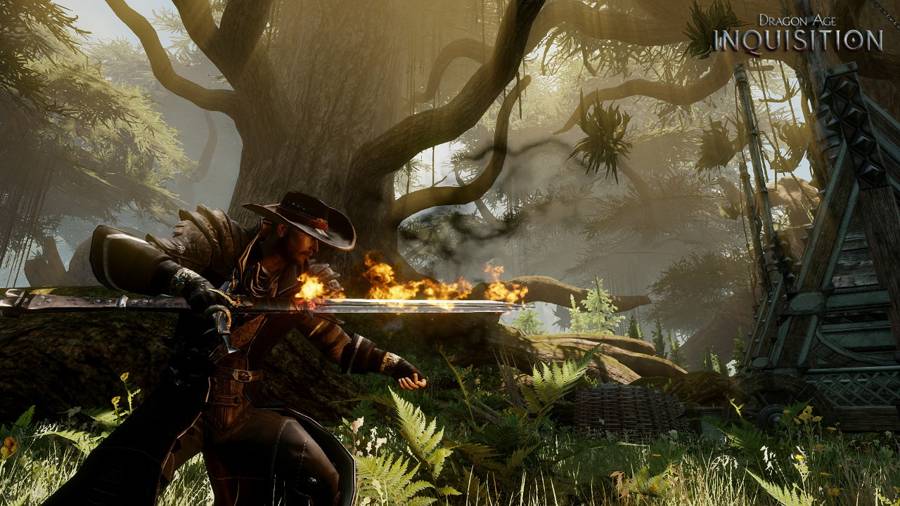
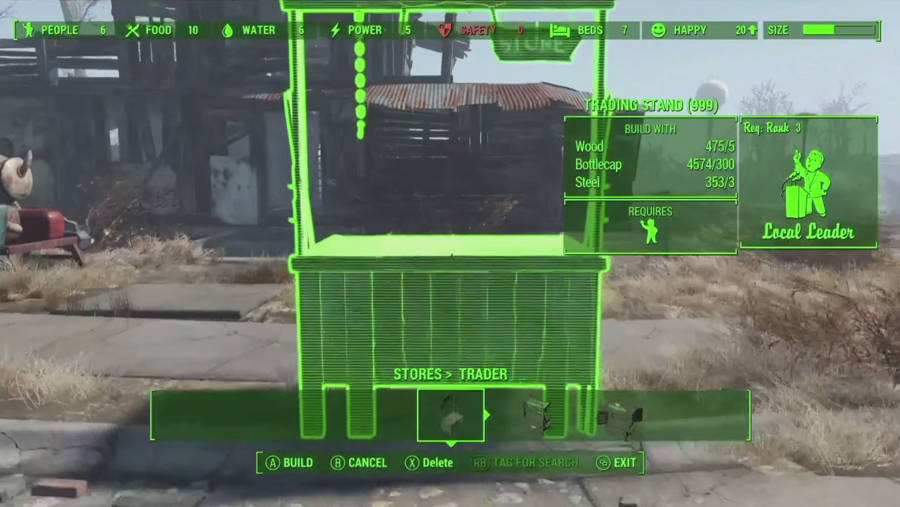

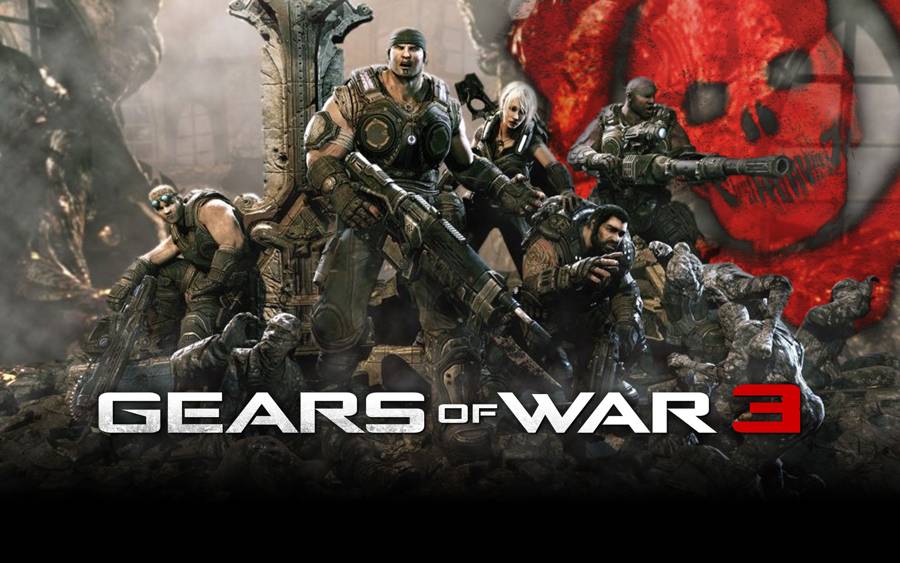
 L.A. Noire A Slip Of The Tongue Guide
L.A. Noire A Slip Of The Tongue Guide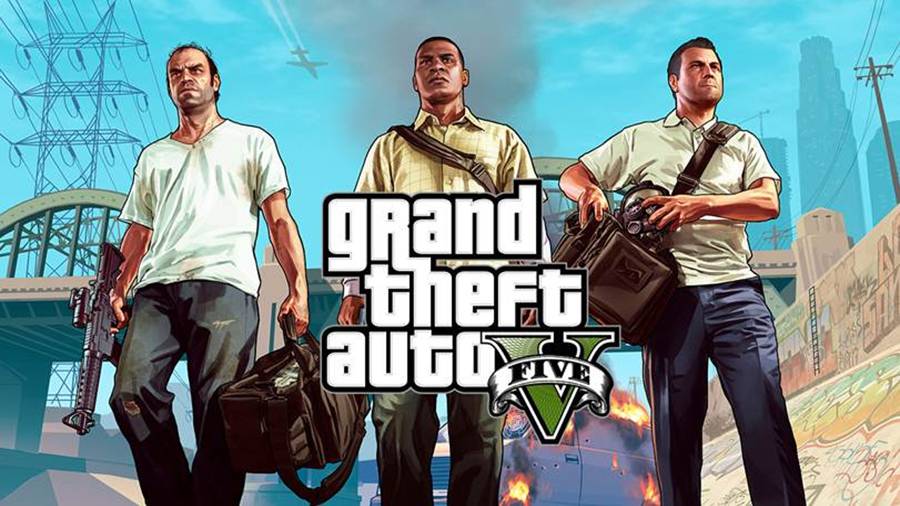 Grand Theft Auto 5 Guide: The Merryweather Heist Guide
Grand Theft Auto 5 Guide: The Merryweather Heist Guide The Darkness 2 Bragg Boss Guide
The Darkness 2 Bragg Boss Guide . Plays, 16th May 2015
. Plays, 16th May 2015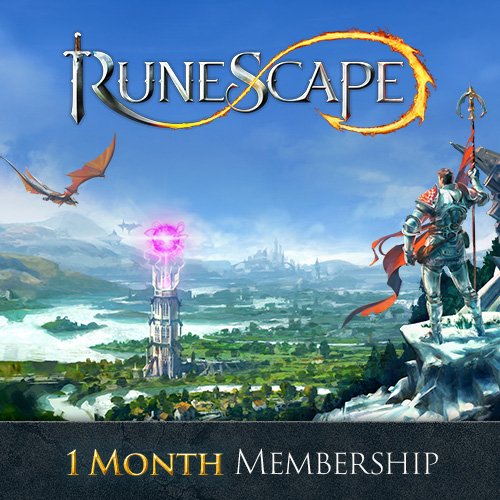 How to Reduce the Cost of Training Herblore in RuneScape Using the Herblore Habitat
How to Reduce the Cost of Training Herblore in RuneScape Using the Herblore Habitat